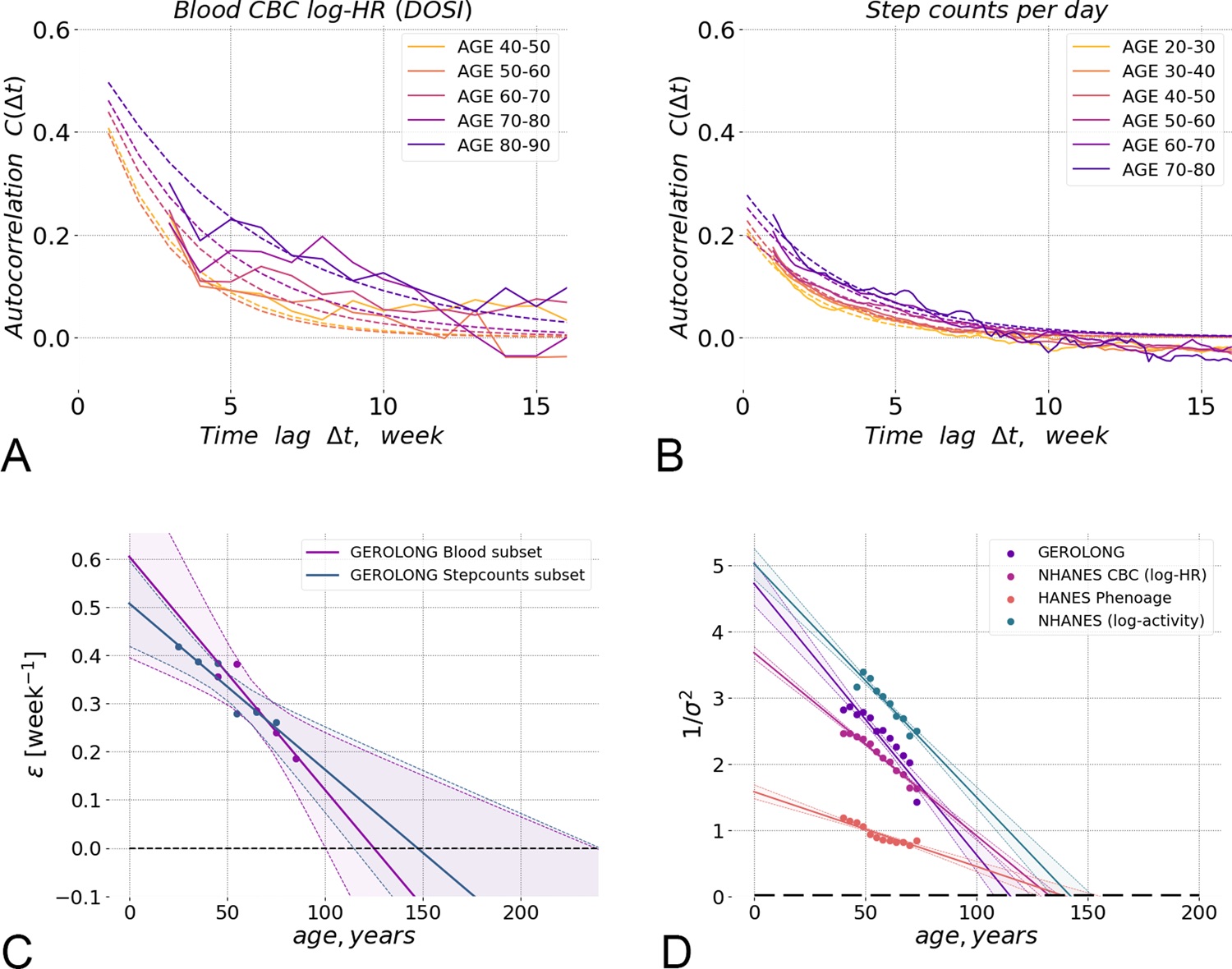There are a few universal questions of humankind. What is the meaning of life? What happens after we die? Will it ever be possible for humans to avoid death and live forever? Questions like these have been circling societal consciousness for as long as humans have been around. There have been more attempts to answer them than we can possibly count, though no one seems to have ever come to a definitive conclusion.
Yes. We’re getting existential today, people.
A recent study published by Nature Communications took on the challenge of tackling one of these mind bogging subjects. They’ve just released findings from a scientific analysis attempting to predict how long it is physically possible for human beings to stay alive.
The study, “Longitudinal analysis of blood markers reveals progressive loss of resilience and predicts human lifespan limit” by Pyrkov, T.V., Avchaciov, K., Tarkhov, A.E. et al, analyzed blood cell counts and physical activity levels by age group to determine a possible lifespan if risk factors like disease or accidental death were not in play.
Related Posts:
The new Aburi To-Go ‘Grocerant’ has opened in downtown Vancouver!
Here’s a list of Calgary parks that will allow alcohol as of June 1st

Their findings? Turns out people are capable of lasting anywhere from 120-150 years! If you were planning a quarter-life or mid-life crisis any time soon, you may want to push your timeline by a few years.
The study identified aging in three distinct phases; early adulthood (16-35 years old), middle ages (35-65 years old), and older ages (65 years and up). In each phase of life, your cells go through fairly linear aging trajectories. However, it’s notable that significant changes in aging of the cells tend to happen for people around the 35-40 year mark.
A report published by Scientific America points out the importance of recognizing the difference between lifespan and health span. Sure, we may be able to last until we’re 150 years old. But if the quality of our physical health declines before then, do we really want to?
These are big questions, people! Certainly some heavy stuff to ponder while you’re passing the time at home. If you’d like to learn more about the subject, you can check out the full study in Nature Communications here.





